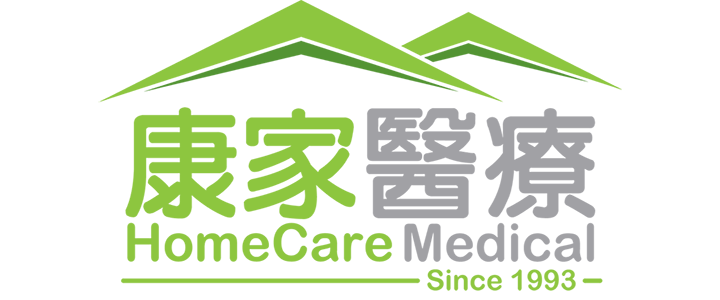What is a Sleep Study?
首頁 | Home » Sleep Inspection » What is a Sleep Study?
A sleep study is a non-invasive diagnostic test used to monitor how your body functions during sleep. It tracks your breathing, brain activity, heart rate, and oxygen levels to help detect potential disorders.
Most commonly used to diagnose sleep apnea, this test can be performed in a clinic or from the comfort of your own home. If you experience loud snoring, daytime drowsiness, or interrupted sleep, a sleep test may help identify the cause.
Polysomnography Test (PSG)
The Polysomnography Test (PSG) is one of the most thorough ways to evaluate sleep disorders. It captures a range of data across different sleep stages, offering a complete picture of how the body functions overnight.
During this sleep test, various signals are recorded, such as brain waves (EEG), eye movements (EOG), muscle activity (EMG), heart rhythms (ECG), breathing patterns, oxygen levels, and body position. This level of detail allows sleep professionals to identify conditions like obstructive sleep apnea, narcolepsy, and more with greater accuracy.
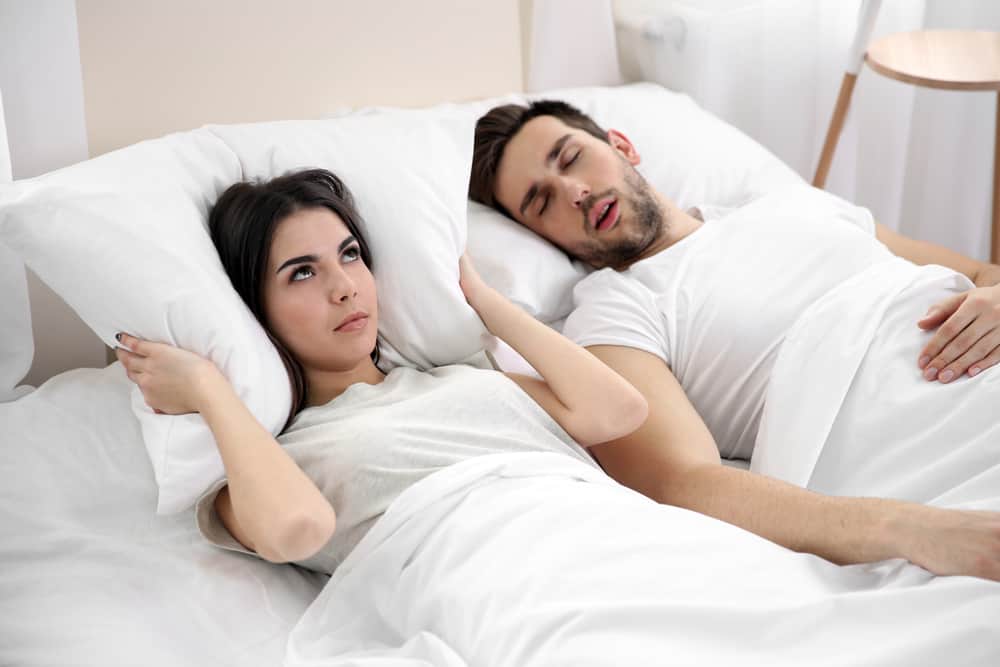
When Should You Get a Sleep Study?
Not everyone who snores needs a sleep test, but if symptoms like gasping during sleep, excessive daytime fatigue, or memory issues are present, it may be time to consult a doctor. These signs can point to underlying conditions like sleep apnea, which often go undiagnosed.
Doctors may also recommend testing if you have chronic health issues such as high blood pressure, irregular heart rhythms, or type 2 diabetes that are not well-controlled, especially if poor sleep could be contributing.
How and When Is a Sleep Study Performed?
Typically scheduled overnight, a sleep test is timed to capture natural sleep cycles and provide the most reliable data. In some cases, daytime studies may be done for shift workers or people with irregular sleep patterns.
Depending on your needs, it may take place in a sleep clinic or at home using a portable device. Either way, the test is set up and guided by trained professionals to ensure comfort and accuracy.
Are Sleep Studies Common?
Growing awareness of sleep health has made testing more common than ever. People are increasingly seeking answers for chronic fatigue, snoring, and health conditions linked to poor sleep quality.
Thanks to new technologies, at-home sleep tests are now widely available, offering a convenient, effective way to get answers without an overnight hospital stay.
Who Conducts a Sleep Test?
A sleep test is carried out by qualified healthcare professionals trained in sleep medicine and diagnostics. These specialists ensure that the data collected is accurate and the process is comfortable.
The team may include:
- Sleep technicians (also known as polysomnographic technologists)
- Respiratory therapists
- Sleep medicine physicians or specialists
- Cardiologists or neurologists (in complex cases)
All professionals follow strict protocols to meet clinical standards, whether the test is done at home or in a medical facility.
High-Risk Group of Sleep Apnea
Some people are more likely to develop sleep apnea due to health conditions or lifestyle factors. Knowing your risk can help you decide if a sleep test is needed.
High-risk groups include:
- Genetic inheritance
- Overweight persons
- Elderly persons
- Long-term users of sleeping pills
- Cigarette smokers
- Persons with drinking habits
- Persons with “Three Highs” – high blood pressure, high cholesterol, and high blood sugar
- People with chronic heart and lung conditions
- People with severe allergic rhinitis
- People with diabetes
- People with a history of stroke
- People with jaw deformities (e.g. small chin)
- People with thyroid secretion disorders
- People with swollen tonsils
Symptoms of Sleep Apnea
Sleep apnea often presents with subtle or overlooked signs. These symptoms may point to a need for a professional sleep test.
Common sleep apnea symptoms include:
- Loud, persistent snoring
- Cessation of breath during sleep
- Difficulty concentrating
- Slower reaction time or brain fog
- Excessive daytime fatigue
- Short-term memory problems
- Morning headaches
- Low libido
- Frequent night-time urination (nocturia)
- High blood pressure
- Dry mouth upon waking

If you recognise more than one of these symptoms, consult a medical professional.
Untreated dangers
Ignoring sleep apnea can lead to serious health problems over time. A sleep test helps identify the condition before complications arise.
Complications of untreated sleep apnea include:
- Stroke
- Hypertension
- Cardiovascular diseases
- Irregular heart rhythms (arrhythmia)
- Diabetes
- Memory decline
- Glaucoma
- Gastroesophageal reflux disease (GERD)

At-Home Sleep Apnea Testing
A home-based sleep test offers a convenient and reliable way to check for sleep disorders without visiting a clinic. It’s ideal for individuals with mild to moderate symptoms or those seeking privacy and flexibility.
The testing kit is delivered and set up with assistance from a trained technician. While you sleep, the device records vital signals to detect breathing interruptions or other irregularities.
Key features of an at-home sleep test:
- Performed in the comfort of your own bed
- Non-invasive and wireless setup
- Tracks breathing, oxygen levels, and body movements
- Results reviewed by qualified professionals
- Backed by clinical-grade technology
Self-Assessment Questionnaires
Two widely recognised tools can help you determine if a sleep test might be needed. These assessments are not diagnostic but can help flag risk factors and symptoms of sleep apnea.
*Reference: ESS – The Epworth Sleepiness Scale by Dr. Murray Johns, STOPBANG – Property of University Health Network
Diagnosis – Sleep Study Test
Once symptoms and risk factors are identified, a formal sleep test may be recommended to confirm the diagnosis. This allows healthcare providers to develop a personalised treatment plan based on real data.
Professional Service:
All sleep testing is conducted by The HomeCare Medical , a trusted provider holding internationally recognised credentials in sleep diagnostics. Services follow global standards to ensure accuracy, comfort, and professional care.
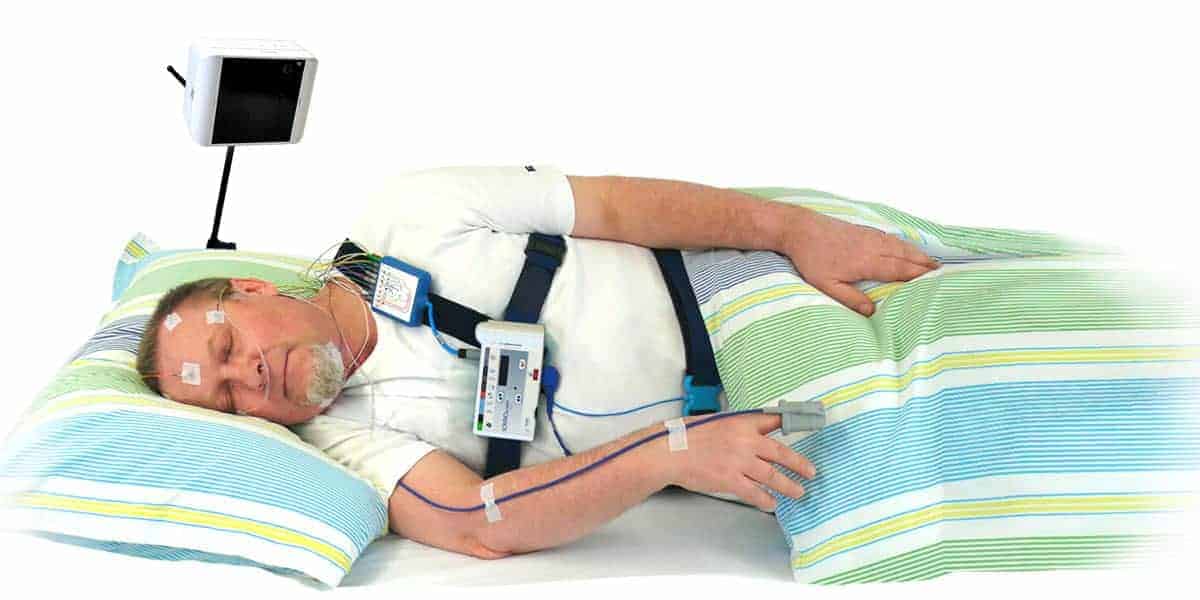
Test Procedure Outline
Here’s what to expect before and during your sleep test. Following these guidelines helps ensure clear and reliable results.
Getting ready
- Learn more about the sleep test
- Make an appointment with a HomeCare sleep test technician
On the day of the sleep test:
- Avoid stimulant drinks (coffee, tea, soft drinks, etc.) 12 hours prior
- Stick to your usual day-to-day activities, and avoid taking any naps during the day.
- Shower and wash your hair before the test
- Wear comfortable, buttoned-up clothing
- Avoid lotions, gels, makeup, or nail polish
- For men, shave prior to the test
- For women, avoid make-up and remove any nail polish
- The sleep test technician will arrive around 8 to 9 pm
During the test:
- The sleep test technician will set up the device, which will take around an hour
- You relax or watch TV once the setup is complete
- The device will be connected to your body; some initial discomfort is normal
- Do not remove the device yourself
- Limit phone use before sleeping for best results
Sleep Test Device – New German-made wireless sleep test system
SOMNOscreen™ PLUS utilises an innovative solution for sleep diagnostics and therapy to improve accuracy, reliability and convenience. It is widely used in both clinical and home settings for professional-level sleep test services.
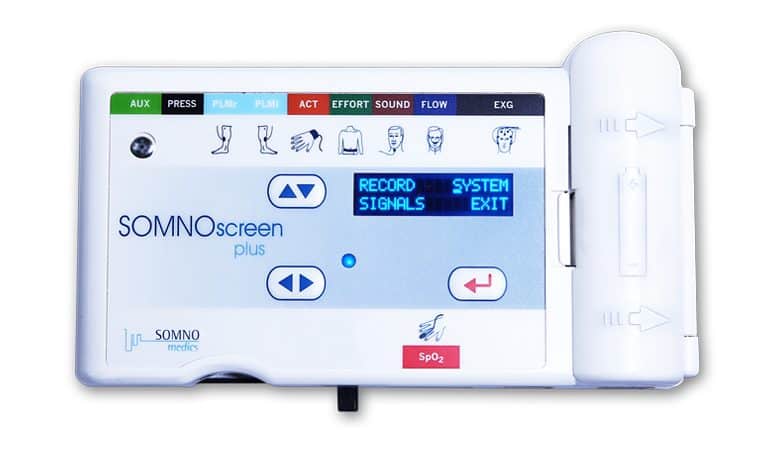
Miniaturisation
The sleep test collects polysomnographic data according to AASM standards. This includes EEG, EOG, EMG, ECG, nasal/oral flow, thoracic and abdominal effort, oximetry, snoring sound, periodic leg movement analysis, sleeping position, as well as real-time synchronised blood pressure data.
Cuff-less Continuous Blood Pressure Measurement
According to medical research, sleep apnea may lead to hypertension.
SOMNOmedics uses an innovative, patented algorithm to measure blood pressure via the Pulse Transit Time (PTT). Blood pressure is measured continuously using the time required for the pulse wave to propagate along the vessel wall between two defined points. This technology allows data to be collected in a continuous, non-invasive, and non-reactive way.
With this breakthrough technology, the SOMNOscreen™ PLUS is also widely used by the Stanford Sleep Medicine Center in the United States.
Wireless Testing
Thanks to the built-in Bluetooth data transmitter, the SOMNOscreen™ PLUS operates wirelessly, allowing for remote signal checks. This gives peace of mind during ambulatory or home sleep test procedures.
Home Sleep Camera
With a built-in infrared illuminated camera, activities such as sleepwalking, limb movements, and bruxism can be recorded to improve diagnostic accuracy. Adding video enables the quality of at-home sleep testing to a high professional standard.
Quality Assurance
HomeCare Medical provides sleep test services in accordance with guidelines set by members of Registered Polysomnographic Technologists. All procedures meet the standards of the American Academy of Sleep Medicine (AASM) and the European Sleep Research Society (ESRS), ensuring that the quality of service is world-class.
Professional Qualification
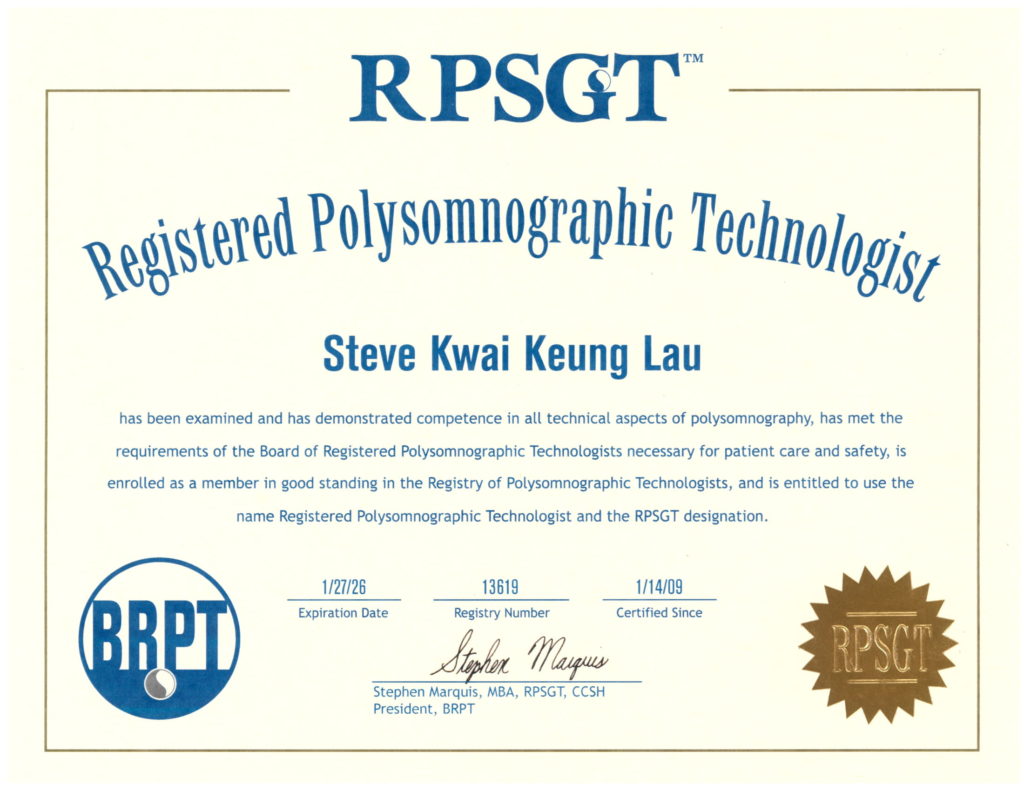
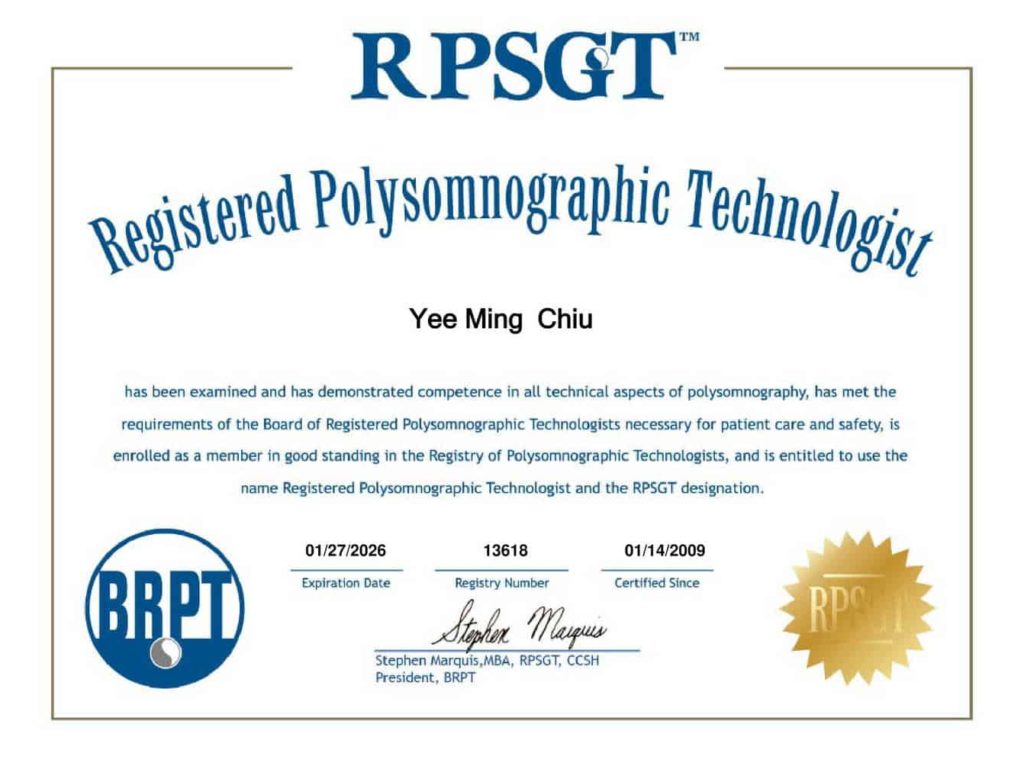
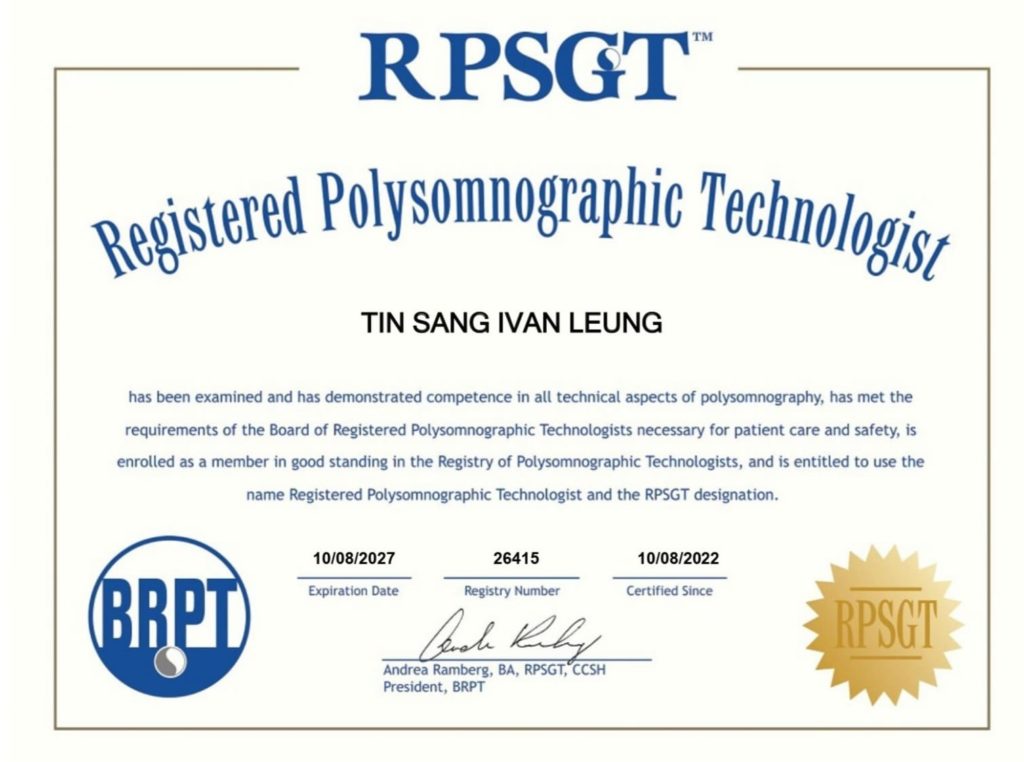

What Happens After a Sleep Test?
After your sleep test, the results are reviewed by qualified sleep specialists. The data collected is analysed to identify patterns, disruptions, and potential diagnoses such as obstructive sleep apnea.
Based on the results, your doctor or specialist will discuss appropriate treatment options, which may include CPAP therapy, lifestyle changes, or further testing. HomeCare Medical ensures ongoing support to help you manage your sleep health in the long term.
FAQ
Here’s a quick recap of what you can expect from your sleep test—before, during, and after the procedure. These common questions help clarify the overall process.
How do I prepare for a sleep test?
Avoid caffeine 12 hours before the test and don’t nap during the day. Shower beforehand, wear comfortable clothes, and follow all instructions from your technician.
What should I expect on the day of the test?
A sleep technician will arrive in the evening to help with setup. The process takes about an hour, after which you can relax before going to sleep.
What happens during the sleep test?
The device will record your vital signs, movements, and breathing overnight. It may feel unfamiliar at first, but the goal is to sleep as normally as possible.
What happens after the sleep test is done?
The data is collected and sent for professional analysis. Your doctor will go over the results with you and recommend next steps if treatment is needed.
Are there any risks or side effects?
Sleep tests are non-invasive and low-risk. Some may feel slight discomfort from sensors or sleep differently due to the setup, but there are no lasting side effects.
Do I need to stay overnight for a sleep test?
Not necessarily. Many sleep tests can now be done at home using portable equipment, making it more convenient and accessible for patients.
Points to note for the purchase of medical devices
Brands
- Drive DeVilbiss®, United States
- Hoffrichter, Germany
- SOMNOmedics, Germany
- TNI®, Germany
- Restech, United States
- Fisher & Paykel, New Zealand
- Earpopper (Import from USA)
- DizzyFIX™ (Import from Canada)
- Ameda®, Switzerland
- Nonin®, United States
- MIR®, Italy
- Turboforte™, Australia
- Chest M.I., Japan
- Transcend®, United States
- NightShift™, United States
- UVC Airborne Disinfection Device
- NightShift ™
- RezaBand
- ClearSCOPE Endoscope Adaptor
- Earpopper®, United States
- DizzyFIX™, Canada
Professional products and services
- CPAP Machine
- UVC Airborne Disinfection Device
- TNI
- Provent® Therapy
- Sleep Positioner
- Back Pillow
- Sleep Study Test
- Titration Test
- Overnight Oximetry Screening
- 24-Hour Continuous Blood Pressure Monitoring
- Laryngopharyngeal Reflux Test
- Oxygen Concentrator
- BiLevel
- Nebulizer
- Oximeter
- Spirometer
- Otitis Media
- Benign paroxysmal positional vertigo (BPPV)
- Breastfeeding
© 2025 The HomeCare Medical Ltd. All Rights Reserved.
